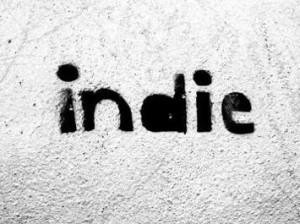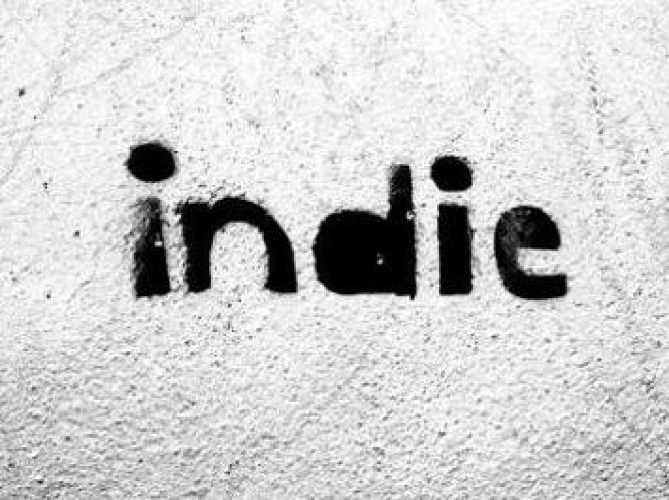Why I went Indie – Part II
xadm


 Why I went Indie is a rather interesting tale. In the first part of this essay, I discussed Technology (Part I can be found HERE). Technology and the rapidly changing world of publishing and product (in this case my book The Prodigal’s Foole) delivery is just one reason.
Why I went Indie is a rather interesting tale. In the first part of this essay, I discussed Technology (Part I can be found HERE). Technology and the rapidly changing world of publishing and product (in this case my book The Prodigal’s Foole) delivery is just one reason.
In this section, I’ll discuss both the self-publishing industry and the social media impact on being a writer in the modern era. Both subjects seem diverse on the surface, but you’ll shortly see they dovetail together nicely.
Self Publishing has been around for a long time as an option for a writer to get their wares out to the reading public. There’s stories about authors traveling around with copies of their books in the trunks of their cars—Tom Clancy is one (it wasn’t until Ronald Reagan got a copy of Hunt for Red October and mentioned it to a reporter that Clancy’s books took off). Milton was the first to defend “self-publisher” rights (Areopagitica 1644). Some other famous self-published authors (and this is by no means an all-inclusive list):
William Blake, Virginia Woolf, Walt Whitman, James Joyce, Mark Twain, Benjamin Franklin, Zane Gray, Rudyard Kipling, D. H. Lawrence, Thomas Paine, Edgar Allan Poe…
Well, you get the idea. Self-publishing is NOT a new concept.
What is new are the multitude of options available to self-publish. Starting with the desktop publishing software available to the PC market (1985 is considered a pinnacle year with the introduction of MacPublisher and Pagemaker) and now with online Print on Demand services such as CreateSpace from Amazon or LuLu (there are dozens of others) there are even easier ways to “get your book out there.”
In fact, there are so many authors now that are bypassing the large and small imprints and going straight to POD, that the POD companies are beginning to have problems of their own. I won’t dwell on that here, but Tracy L. Darity wrote a great blog post recently about the “POD Bubble” which can be found HERE.
Self-publishing does have a series of downsides—one is that a large percentage of the work self-published isn’t very good. From story problems through to grammatical errors, many, many of these books are just awful. If you do end up going this route yourself, get and editor. Get beta readers. Make sure what you put your name on is a quality product.
The other issue is marketing. See? I told you we’d get to social media.
Let’s start with Twitter. I joined this micro-blogging site nearly three years ago. My first tweet was: “This seems like a waste of time.”
Three years on, 4000+ tweets and 2000 followers later, I’ve proven that first impression very wrong. I’ve “met” fellow writers, editors and publishers via Twitter. All (sans one) of my beta readers were found on Twitter. I found my own Indie publisher, Pfoxchase (and the lovely creative director Diane Nelson) via this medium. I recently met a dozen or so writers I’ve interacted with online at ReaderCON. It’s all about the networking. Because if you are going to self-publish or go with with a small press, a lot of the marketing for your work is going to be done by you online.
Facebook is another tool for your marketing toolkit. I have a writer’s page (You can “like” it and follow me via Facebook…there’s a button to the left of this article) and a page of my book series.
LinkedIn is yet another professional tool which I wrote about in detail in a guest blog post on Kait Nolan’s site found HERE.
There are plenty of author sites too. Authonomy is a site where you can get peer feedback on a work in progress. Goodreads is another site I use frequently.
Hell, I’m even on Google+ now.
My point is, you need to let people know you’re out there. All these tools and many others will help you. But be warned, just like the “Nigerian Diplomant who want to give me five million dollars,” there are scammers out there as well. Do your research and be smart about who you “friend” and who you interact with.
One of the reasons I went Indie isn’t because I couldn’t self-publish. It’s because I chose to partner with a group of writers who not only offer support and feedback, but help with the whole marketing aspect as well. It’s not like the big presses who have entire marketing departments to help with brochures, radio spots and have massive advertising budgets.
But there is a personal touch that you can’t get with a large corporation.
We’ll discuss Indie Presses in detail in Part III, coming soon.
Peace

